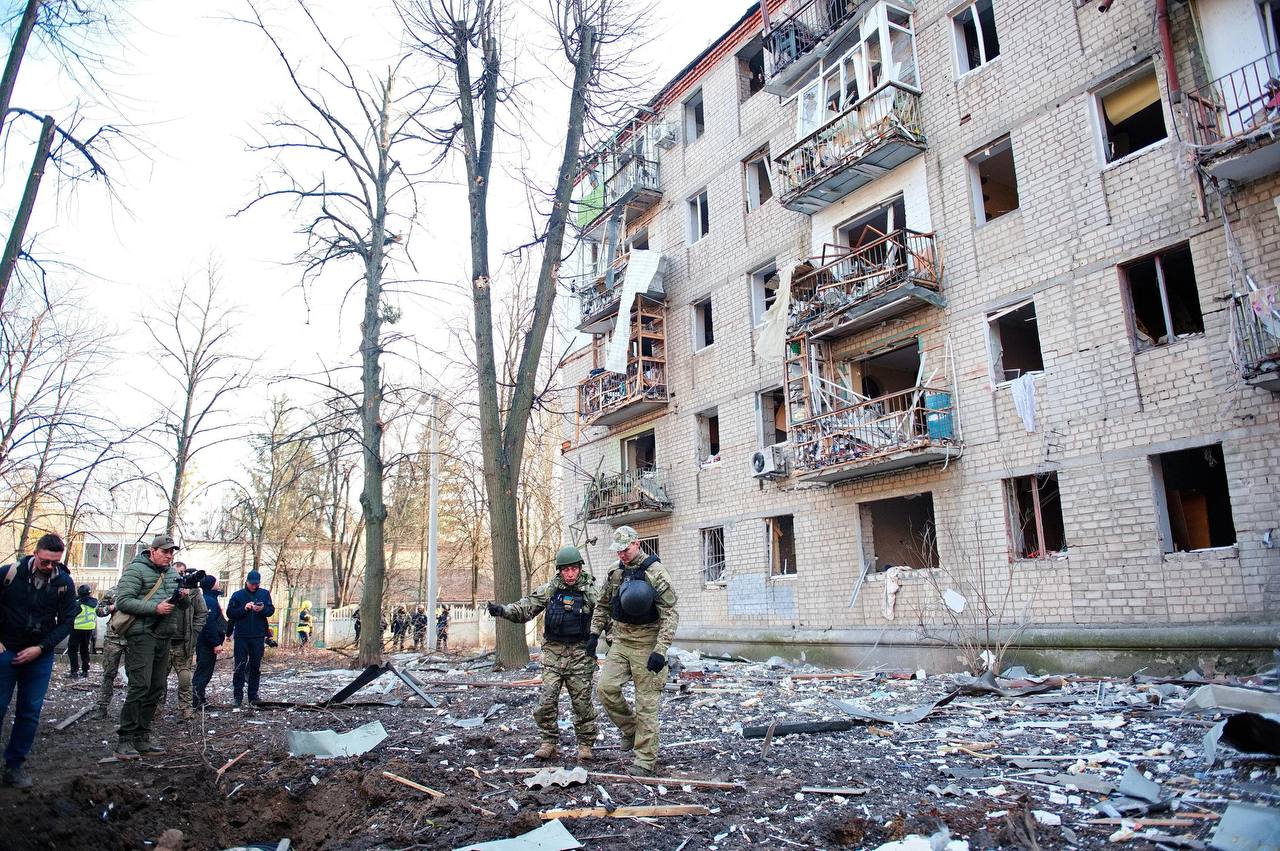Kharkiv Metro briefly suspends operations

Kharkiv Metro briefly suspended operations on all 30 stations on the morning of April 5.
Kharkiv, Ukraine's second-largest city, has been at the forefront of Russian attacks since the beginning of the full-scale invasion and saw an escalation in strikes in recent weeks.
The subway consists of three lines operating 38.7 kilometers (24 miles) of the route. Kharkiv Metro's press service did not specify the reason.
Later the same day, Kharkiv Metro's press service reported resuming operations.
A Russian attack on Kharkiv in the late evening of April 4 damaged a car repair show and windows of a nearby five-story residential building, Kharkiv Oblast Governor Oleh Syniehubov reported on the morning of April 5.
Recent Russian attacks destroyed "almost all" of the energy infrastructure in Kharkiv, Mayor Ihor Terekhov said in an interview with Liga media outlet published on April 1.
The attacks destroyed a thermal power plant and all the electrical substations in the city that sits just 40 kilometers (almost 25 miles) from the Russian border.
The proximity to the border often prevents air defense monitor systems from detecting launches of Russian missiles toward Kharkiv in time, with some missiles hitting Kharkiv at least 40 seconds after the launch.
In March, Russian attacks damaged or completely destroyed 80% of the thermal generating capacity of Ukraine's largest private energy company, DTEK, the company's Executive Director Dmytro Sakharuk said on March 30.
The mayor also said on April 1 that more than $10 billion is needed to rebuild everything that Russian forces have damaged or destroyed in Kharkiv.
Terekhov said the city officials have been trying to involve international partners to cover the costs because "no city budget in the world can withstand such a burden."
The current situation for the energy industry in the city is "very difficult," according to the mayor. The humanitarian assistance centers, also known as "Points of Invincibility," work in Kharkiv around the clock.
"We have been through more rough times, and we will survive these times too," Terekhov said.












